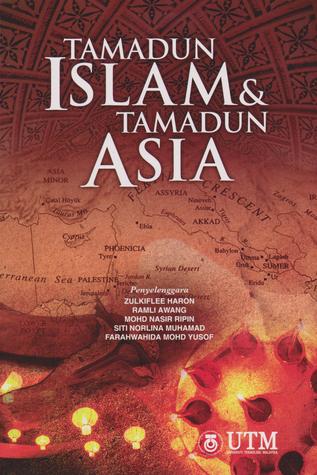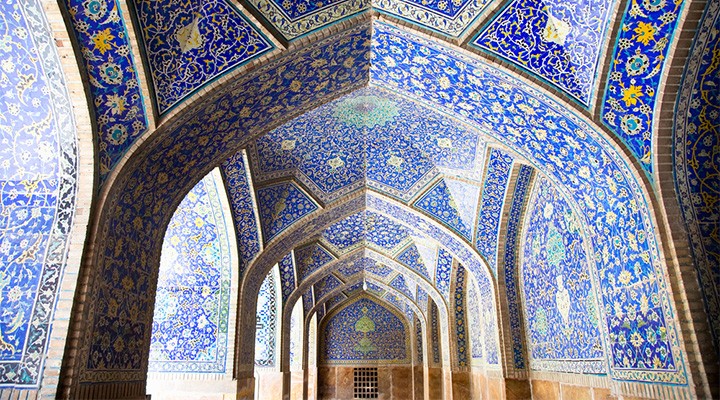Dr. Zulkiflee Haron

Islamic history and culture can be traced through the written records: Pre-Islamic, early Islamic, Umayyad, the first and second Abbasid, the Hispano-Arabic, the Persian and the modern periods. The various influences of these different periods can be readily perceived, as can traces of the Greek, the Indian, and the Pre-Islamic Persian cultures. Throughout the first four centuries of Islam, one does not witness the synthesis or homogenization of different cultures but rather their transmittal through, and at times their absorption into, the Islamic framework of values. Islam has been a conduit for the Western civilization of cultural forms which might otherwise have died out. Pre-Islamic poetry and prose, which was transmitted orally, was recorded mostly during the Umayyad period (661-750 A.D.) when the Arab way of life began shifting from the simple nomadic life prevalent in the peninsula to an urban and sophisticated one. Contacts with Greece and Persia gave a greater impulse to music, which frequently accompanied the recitation of prose and poetry. By the mid-800’s in the Baghdad capital of Abbassids under Harun al-Rashid and al-Ma’mun, Islamic culture as well as commerce and contacts with many other parts of the world flourished.
Because Islam is a holistic religion integrating all aspects of life, it follows that a reform movement predicated on religion necessarily confronts the social, economic, and political realities of the society in which it develops. Muslim societies, however, have emerged from colonialism and neo-colonialism and are seeking to develop free from certain western influences that may corrupt or subvert basic Islamic values. Furthermore, in Islam there is no division or distinction between what in the West is called “Church and State”. The resurgence of Islam is flourishing in every part of the world and dedicated Muslims are trying hard to meet the challenges of modern times while remaining faithful to the values of their past. Its continuation and growth are ongoing.


